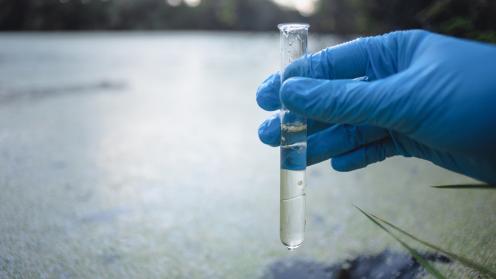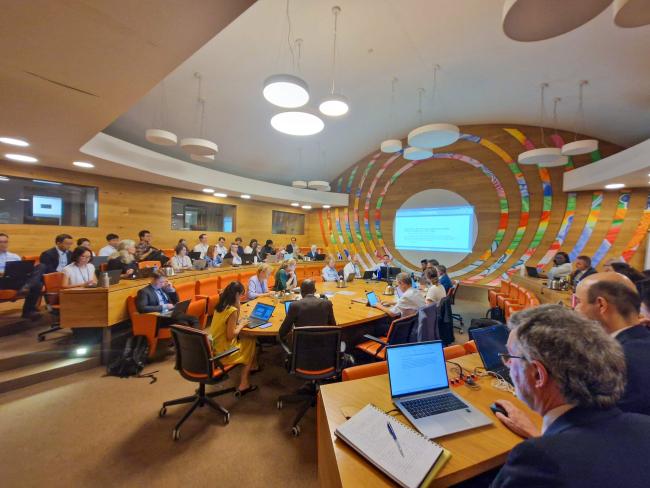A central challenge of managing chemicals is uncertainty. Chemicals are becoming more complex, and their effects, production, and uses might not be fully understood. Persistent organic pollutants (POPs) appear in a wide range of products. A pesticide containing a POP might be easier to identify, but spotting if another POP was used to coat a wire in a used car presents an entirely different challenge.
The POPs Review Committee (POPRC) grappled with the unknowns when debating how to continue efforts to identify and manage POPs in products, articles, and stockpiles. Many recognized the technical complexities, but also that the Stockholm Convention on POPs “can’t do this alone.” Many felt that tracing POPs and other chemicals in supply chains needs a coordinated effort by many international bodies, not to mention companies, waste facilities, and many more.
In identifying and recommending action related to POPs, the Committee works under the precautionary approach to protect human health and the environment despite uncertainties. Precaution and “turning off the tap” remain common ground among members working to compromise the chemical identity of medium-chain chlorinated paraffins. What’s still in question is how many chemicals in this family should be recommended for elimination—how many cousins and second cousins in this family share the same toxic traits?
To receive free coverage of global environmental events delivered to your inbox, subscribe to the ENB Update newsletter.





